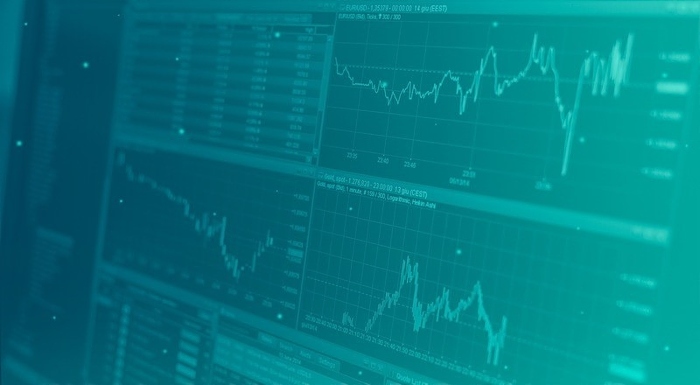
Nothing happens in the market out of randomness; everything occurs for a reason.
Veteran traders will attest that patterns exist in the different trading ecosystems; these patterns can be affected by internal and external activities that may sometimes seem irrelevant.
This article aims to show you how to identify the key activities to expect in your trading niche so that you’ll be able to create an economic calendar that helps inform your strategies and trading activities.
What Is an Economic Calendar
Economic calendars feature expected or scheduled dates of essential activities and releases that can affect the movement of assets and the entire market.
Economic indicators are sometimes obvious, such as the Bank of England in the UK announcing new rates.
Other times, these events may be less evident, such as fewer people investing in stocks as retail traders due to shrinking incomes and rising cost of living; people are more likely to invest when they have some money left over from their paychecks.
Customising an economic calendar for TradingView is not complicated; all you need to do is set a couple of reminders and alarms that are relevant to you.
As a forex trader, your economic calendar can help you plan trades and carry out portfolio reallocations if necessary.
Every forex trader understands that it can significantly influence the economy whenever the Bank of England is scheduled to make an announcement.
That’s why announcements like these are essential to every economic calendar.
Alternatively, you may track more specific and niche things that influence your market, niche, or currency pairs.
What should you consider adding to your economic calendar as a forex trader in the UK or focused on GBP currency pairs?
How To Build Your Economic Calendar
Building your economic calendar is easier than ever because there’s more data and resources online on this topic than ever before.
You can access existing calendars and templates on the internet for free; some of these are editable, so all you need to do is add and remove items or events that do not concern your strategy or niche.
As a forex trader, one of the first events on your calendar should be when the US Federal Reserve Bank plans to make interest rate-related announcements.
It doesn’t matter where you are in the world; the US (Fed) influences the movement of the currencies you trade because of the US dollar’s position as the de facto global currency.
Next up, track when your local central bank plans to make announcements; this is also relevant for all the currencies you’re trading or considering.
Your economic calendar should also feature release dates of economic indicators like job data, welfare, energy prices, gross domestic product (GDP), consumer spending, trade balance, housing, and more.
Once that’s done, consider country-specific economic indicators, such as tracking the oil production output numbers from an oil-producing country.
Succeeding With Your Economic Calendar
Economic calendars can only help you when you use them well; they do not need to be overcomplicated or fancy, and your economic indicator only needs to fit in with your lifestyle and strategy.
The first step to succeeding with your economic calendar is learning about the industries or activities that influence significant financial events.
For example, if the UK struggles to access enough fossil fuel, you can expect most industries to suffer while prices increase due to inflation and scarcity.
Alternatively, every economic calendar must consider the “elephant in the room” — the USA.
The market tends to make sudden moves when important economic data is released; it might not be in your best interest as a forex trader to immediately act on every piece of information.
Positive inflation numbers from the Bank of England can lead to excitement, but this excitement can quickly become panic and sadness if the US Fed announces negative inflation data.
No economy operates in isolation, and no industry operates without external influence from other sectors, so your economic indicator must be as comprehensive and “bulletproof” as possible before being put to use.
Additional information to consider includes:
● Historical Performance Data
If a country has a history of positive or negative performances during certain times of the year, you can use that to your advantage alongside your economic calendar.
A great example is a country whose main export is fish and other aquatic products; if the country experiences yearly floods during the Summer, you can expect downturns at this time of the year.
● Vertical Connection
Some industries impact other, more prominent sectors.
A good example is the impact of the shipping and logistics industry on a country’s ability to import and export products.
Build Your Economic Calendar Today
What are you waiting for? You’re one step away from building the economic calendar to help you win and succeed as a forex trader.
You should be fine if you ensure you’re disciplined, track the correct data from relevant countries, and avoid making decisions based on emotions.
(image free to use from Pixabay)


















Recent Comments